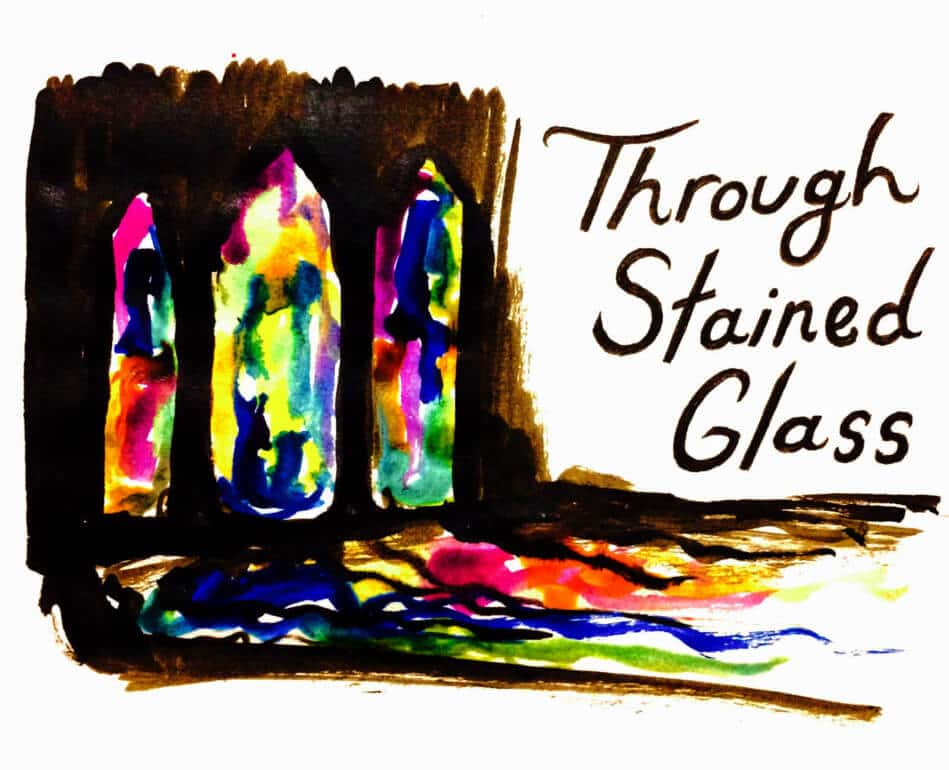 The value of contemplation and moral orientation
The value of contemplation and moral orientation
Lately, I have had some interesting conversations on campus around the goals and objectives of the liberal education. I become increasingly aware of the challenges faced by young adults, those aged approximately 18 to 24, and the opportunity we have in the academy to respond to some of those deep and significant challenges.
Christian Smith, a sociologist at the University of Notre Dame, undertook large, sweeping studies of the young adult population in America, and in one work (Lost in Transition: The Dark Side of Emerging Adulthood, 2011) he notes some of the features marking this stage of life: intense identity exploration; instability; a focus on self; transience, confusion, anxiety, conflict. To these are added feelings of being in limbo, in transition, in between; on the other side of the coin, this age is marked by a sense of possibilities, opportunities and unparalleled hope.
Part of our task at university is not only to provide an education, but also to respond to this time of transience and uncertainty, as well as hope and opportunity. A recent article in the Chronicle of Higher Education noted that young adults, including recent graduates, feel lost not because of the dearth of job opportunities but precisely because there are so many choices – sometimes the very plethora of options can be overwhelming. Where to begin looking for one’s future? Does it involve more study, more expense, specific training? If more training, why was university necessary in the first place?
Unfortunately, for many students, the intensity of academics and the push towards completion of degrees doesn’t include a lot of time for guided or mentored reflection about oneself and one’s future. With the combination of studies, part-time work and volunteer activities, there is little opportunity to pause and contemplate what may seem larger and more philosophical questions; such questions appear unconnected to reality, and hence irrelevant, but I think are an essential part of what we should be about.
Canadian philosopher Charles Taylor expresses it in this way: “Who am I? To know who you are is to be oriented in moral space, a space in which questions arise about what is good and bad, what is worth doing and what not, what has meaning and importance to you.… [Moral] orientation has two aspects: there are two ways we can fail to have it. I can be ignorant of the lie of the land around me – not knowing the important locations which make it up or how they relate to each other. This ignorance can be cured with a good map. But then I can be lost in another way, if I don’t know where to place myself on the map.” Our task as university faculty and student services providers, then, is to create opportunities for reflection and contemplation about such larger issues of identity, meaning, purpose – a sense of vocation.
I often joke (recognizing the old saw that “Half a truth is said in jest”) that we need to nurture a sense of vocation more than preparing people for careers. After all, vocation (from the Latin, “to be called”) has connotations of being a high and noble virtue – it is a sense of calling, an aspiration to a purpose in life, lived out in one’s work. A career, on the other hand, suggests in the word origin a race, a short burst; used in Middle English of jousting tournaments, it speaks to a short rapid course, at the end of which someone is knocked down.
This, then, is my brief plea that in the intensity of our academic world – its courses and learning and volunteering and being engaged – we take time to pause and reflect, and to listen to others as they reflect, on the course of life. We need to take time to search for a sense of connection between who we are and what we value, and how that relates to the needs of our world. We need to take time to understand what we want the purpose and the goals of our life to be and to raise questions about what directions that might point us toward. It may even suggest what we might do with our working lives, recognizing that our working lives should not define us, but arise out of the way we define ourselves in our larger world. We need to pause, not just to smell the roses, but to sense which way the wind is blowing, and how to set our own sails. Only then can we chart our course and live out our vocation in the world.





